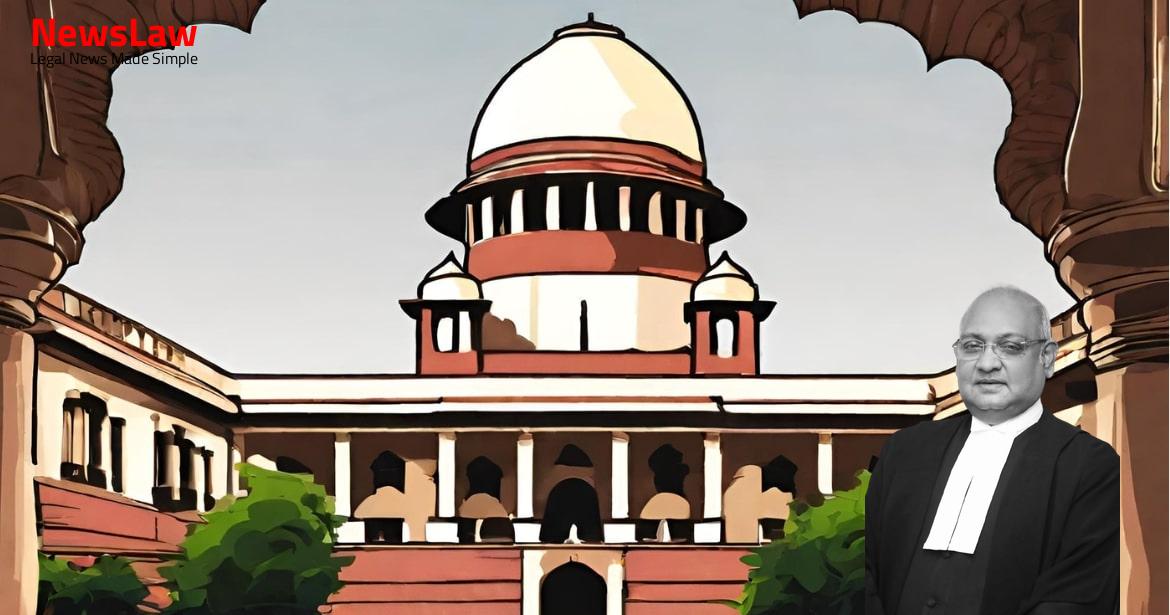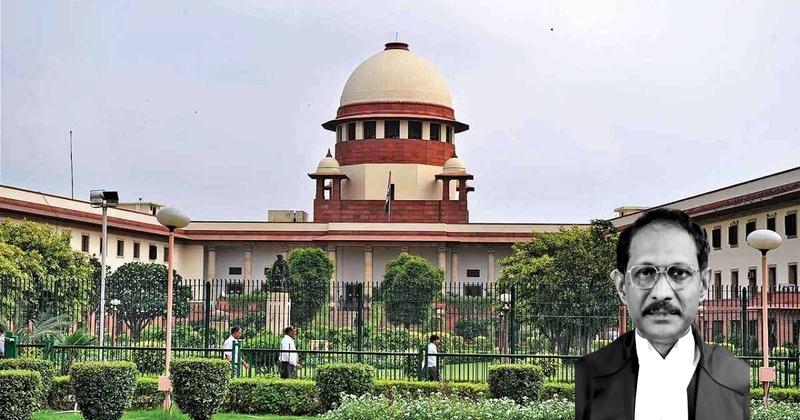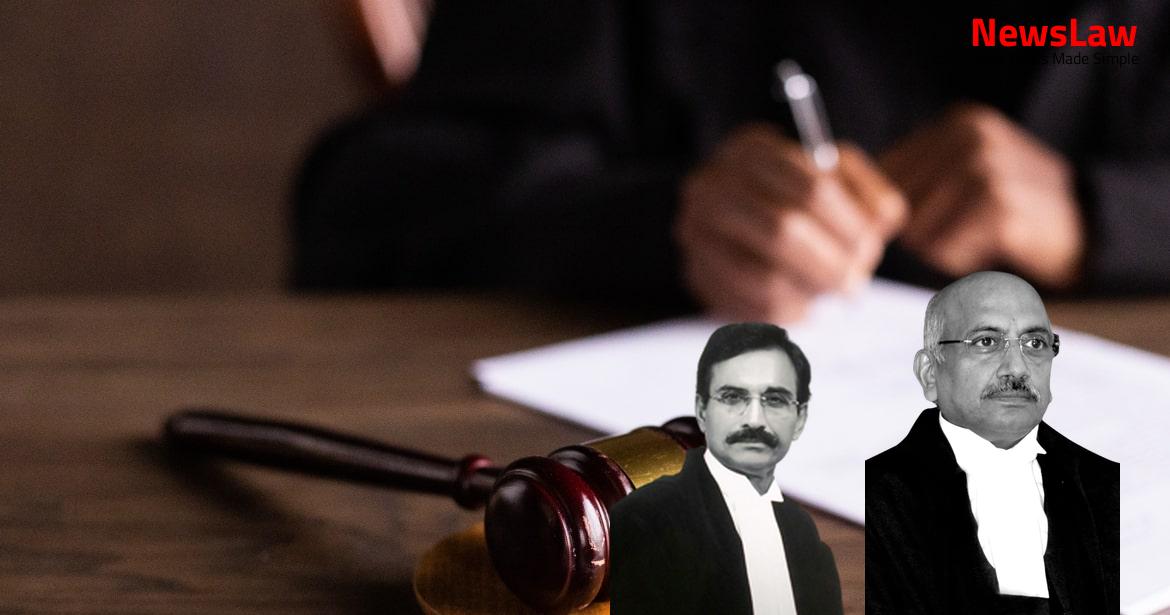In the case of Lt. Abhishek Vardhan vs. Sailor, a significant legal battle unfolded before the Supreme Court of India. The judgement rendered by the court holds profound implications for military law and disciplinary proceedings. The case delves into the actions of the respondent, Sailor, and the petitioner, Lt. Abhishek Vardhan, shedding light on complex legalities and ethical considerations within the military framework.
Facts
- An unfortunate incident occurred on 29 May, 2013, where Lt. Abhishek Vardhan filed a complaint against a Sailor requesting strict action.
- Lt. Ishwar Chandra conducted investigations as the Investigating Officer and examined witnesses Ganesh Kumar Tiwari, Tara Chand Nehra, and Vikash Sharma.
- The Sailor, a member of the Aviation Core Team on duty, failed to report for duty when summoned, citing orders from his Chief Writer as justification.
- The Commanding Officer found the Sailor guilty under Section 45(a) of the Navy Act, recommending a 60-day detention and deprivation of the First Good Conduct Badge.
- The Chief of Naval Staff, however, dismissed the Sailor from Naval Service and deprived him of the First Good Conduct Badge.
- The Sailor challenged this decision before the Tribunal, which noted discrepancies in witness statements and lack of opportunity for cross-examination.
- The Investigating Officer then referred the case to the Executive Officer for further action.
- The Tribunal found that the Sailor’s use of force was not premeditated but a result of provocation from a superior officer’s abusive language.
- The Sailor admitted his mistake immediately, citing it as a reflex action to the provocation.
- The officer’s use of abusive language towards subordinates was deemed unbecoming of an officer.
- Lt. Abhishek Vardhan was found guilty of using profane/abusive language and was given a punishment of one-month loss of seniority.
- The Tribunal substituted the punishment of dismissal with 75 days of detention, which the Sailor has already served.
Also Read: Interpretation of Mandatory Statutory Time Limits
Arguments
- Learned counsel for the appellants argued that the Sailor’s admission of hitting his superior officer indicates his guilt under Section 45(a) of the Act.
Analysis
- Superior officer did not make himself available for examination before the Investigating Officer or Executive Officer.
- The conduct of the Sailor, although provoked, cannot be condoned as hitting the superior officer is unacceptable.
- The Commanding Officer was aware of the Sailor’s misconduct.
- The Tribunal has the authority to substitute or mitigate the punishment in disciplinary proceedings.
- The Tribunal can overturn dismissal if the punishment is found to be disproportionate.
- No witness testified about the Sailor hitting the superior officer.
- The Tribunal has jurisdiction over matters connected to court martial orders.
- The superior officer was found guilty of using abusive language against the Sailor.
- Section 15(6) of the AFT Act empowers the Tribunal to substitute the findings of the court martial
- The Tribunal has the authority to interfere if the sentence is excessive, illegal, or unjust
- This power extends to disciplinary proceedings under the Act as well
- The Tribunal’s view is not patently illegal
- There is no warranting interference in the present appeal
Also Read: Challenging Legal Analysis in Acquittal Reversal
Decision
- The respondent must be reinstated within two months.
- The respondent will not receive back wages from the date of dismissal until reinstatement.
- The respondent is entitled to computation of all consequential benefits, including pay fixation.
Case Title: UNION OF INDIA Vs. R. KARTHIK (2020 INSC 62)
Case Number: Crl.A. No.-000831-000831 / 2015



